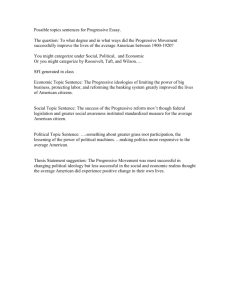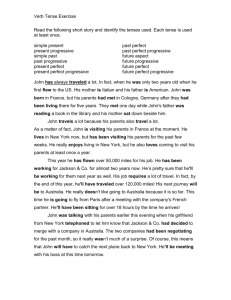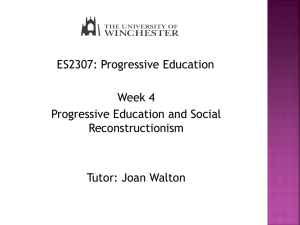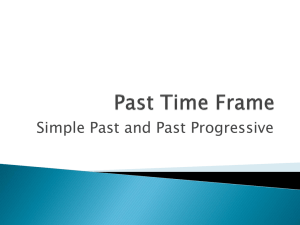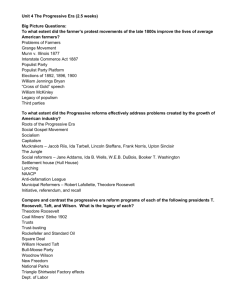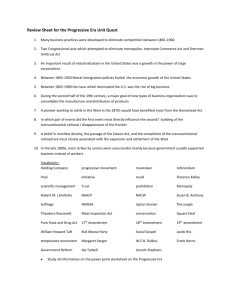Aus einem Brief von Hartmut von Hentig an Peter Kalb vom Beltz
advertisement
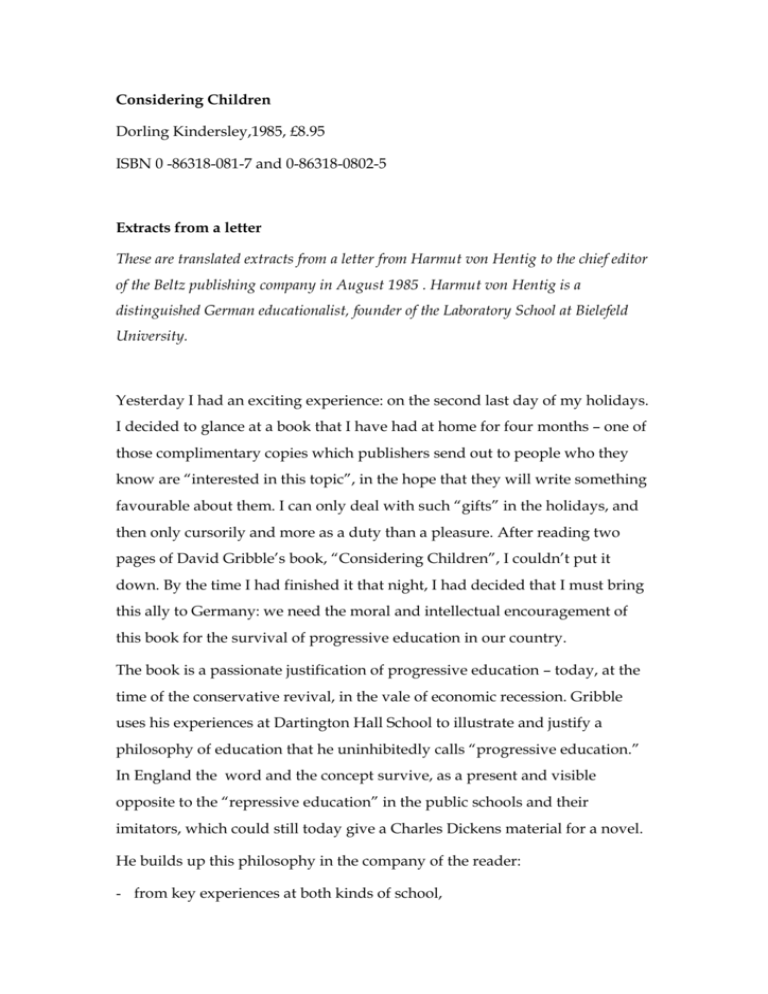
Considering Children Dorling Kindersley,1985, £8.95 ISBN 0 -86318-081-7 and 0-86318-0802-5 Extracts from a letter These are translated extracts from a letter from Harmut von Hentig to the chief editor of the Beltz publishing company in August 1985 . Harmut von Hentig is a distinguished German educationalist, founder of the Laboratory School at Bielefeld University. Yesterday I had an exciting experience: on the second last day of my holidays. I decided to glance at a book that I have had at home for four months – one of those complimentary copies which publishers send out to people who they know are “interested in this topic”, in the hope that they will write something favourable about them. I can only deal with such “gifts” in the holidays, and then only cursorily and more as a duty than a pleasure. After reading two pages of David Gribble’s book, “Considering Children”, I couldn’t put it down. By the time I had finished it that night, I had decided that I must bring this ally to Germany: we need the moral and intellectual encouragement of this book for the survival of progressive education in our country. The book is a passionate justification of progressive education – today, at the time of the conservative revival, in the vale of economic recession. Gribble uses his experiences at Dartington Hall School to illustrate and justify a philosophy of education that he uninhibitedly calls “progressive education.” In England the word and the concept survive, as a present and visible opposite to the “repressive education” in the public schools and their imitators, which could still today give a Charles Dickens material for a novel. He builds up this philosophy in the company of the reader: - from key experiences at both kinds of school, - from leading ideas, which arise from these experiences: respect in the relationship between adults and children (which I like to refer to, rather exaggeratedly, as “politeness”), the elimination of fear, the ability to listen and wait, curiosity and explanation, the confidence that comes not avoiding problems but from overcoming them, - from earlier models (the way in which Gribble takes up Rousseau or Neill, and lovingly and undogmatically quotes and interprets them is among the highlights of this book!), - from the basic principles (about the role of freedom, rules, range of choices, self-government, boundaries), - from the basic questions: Who is school for? (Here as elsewhere Gribble works with a typology: adult-centred school, society-centred school, value-centred school, group-centred school, child-suppressive school etc. etc.), the principles and practice of progressive education emerge effortlessly and systematically – always with simple, surprising, necessary corrections to what zealous and slow-witted misunderstandings or hostile propaganda have made of it: - “A normal child wants to be good” versus “A normal child is (always) good” - “Progressive schools avoid rewards and punishments and rely on discussion and explanation” versus “Progressive education relies on reinforcement, prize-giving, never resisting the child” - “Progressive education wants children above all to be kind” versus “Progressive education wants children above all to be happy” – a demand that would have the most serious conditions and consequences! I have called the book “passionate”. That it certainly is, but in an English way, unsentimental, fair, sophisticated, witty, disarming, outspoken (the passages about sexuality, for instance) and also on the other hand sobering. It attracts the readers’ sympathy and encourages them to make their own judgements and behave their own way. The book ends with very practical questions from parents, comments from children, a report on the press campaign against Dartington Hall in 1983 and 1984, so giving a glimpse of the political situation of progressive education today. There is an excellent selection of pictures (about two dozen) which tell the story in parallel. Beltz published a translation in 1991, under the title Auf der Seite der Kinder

